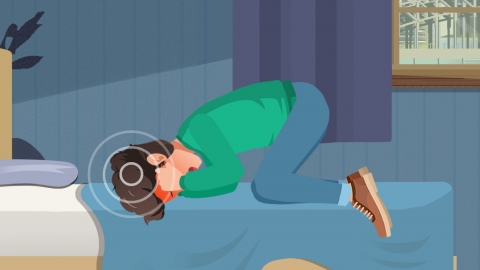Can tuberculous meningitis recur?
Generally, whether tuberculous meningitis recurs mainly depends on the effectiveness of the initial treatment and the patient's physical condition. If discomfort symptoms appear, it is recommended to seek timely diagnosis and treatment at a regular hospital. The specific analysis is as follows:

If the initial treatment for tuberculous meningitis is standardized and thorough, and the patient strictly follows medical advice to complete the entire course of anti-tuberculosis medication without stopping or reducing the dosage arbitrarily, and post-treatment cerebrospinal fluid tests and imaging examinations show complete resolution of inflammation, along with the patient having strong resistance and no underlying diseases such as diabetes or immune deficiency, the risk of recurrence is low. Most individuals can maintain long-term disease stability and rarely experience recurrence.
If the initial treatment for tuberculous meningitis is not standardized, the patient does not complete the entire medication course, or inflammation is not completely eliminated after treatment, leaving residual Mycobacterium tuberculosis. Additionally, if the patient has poor physical condition, malnutrition, impaired immune function, or suffers from chronic underlying diseases, the risk of recurrence is higher. When the body's immunity declines, residual tuberculosis bacteria may become active again, causing symptoms to reappear and leading to disease recurrence.
After treatment for tuberculous meningitis, regular follow-up examinations including cerebrospinal fluid tests, imaging scans, and inflammatory markers are necessary to monitor changes in the condition. Maintain a regular lifestyle, balanced diet, moderate exercise, and enhance physical immunity. Avoid excessive fatigue, staying up late, or malnutrition to reduce factors that may trigger recurrence. If symptoms suggestive of recurrence such as headache, fever, vomiting, or altered consciousness appear, immediate medical evaluation is required to avoid treatment delays.







